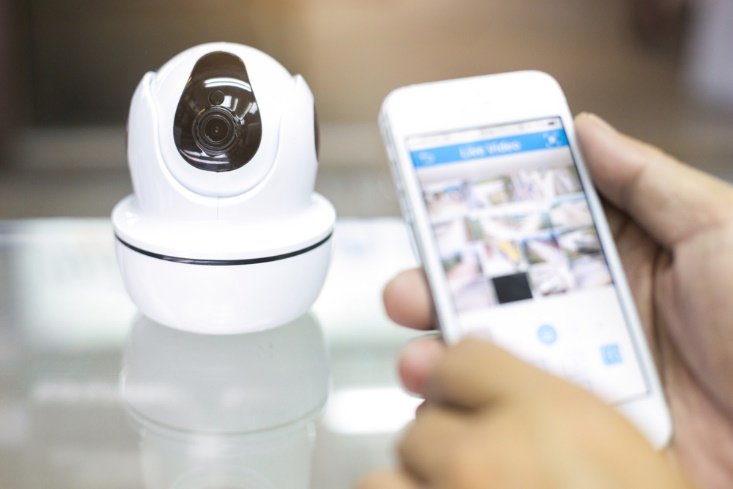Most people are relatively lax about home security — but few people think about it in those terms. While you might lock your front door when you leave your home, are you careful to check that your windows are closed and locked? Do you have additional precautions on the weak points of your home, like sliding glass doors? What are you doing to keep yourself safe when you are home?
Because traditional security solutions seem exorbitantly costly, many homeowners are turning to smart solutions. Cameras, locks, alarm systems, and more can connect to mobile devices through the internet, giving you near-constant information about the security of your home — but how can you be sure that’s enough to keep you, your loved ones and your belongings safe? Here’s a guide to setting up a smart security system, and why you might want to add some security services on top, just in case.
Typical Smart Security Tools
Smart security devices have grown in popularity in recent years as homeowners have enjoyed the control that these DIY security solutions have provided. Additionally, smart security tech appears much more affordable than traditional security services; after a one-time cost of purchasing the tools, homeowners can seemingly enjoy security in perpetuity. If you are intrigued by smart security, you might be interested to learn about these tools available to you today:
- Smart cameras. Perhaps the most common smart security solution, cameras can be positioned inside your home and around its exterior. You can enjoy a live feed of your property from your Wi-Fi-connected device, or you can choose a motion-activated camera to turn on and record only when something (or someone) moves within its view.
- Smart doorbells. Like the cameras described above, doorbells will capture images of anyone at the door and send them to your device, so you can see who is approaching without hiding out by your front windows.
- Smart locks. These locks are Wi-Fi-enabled, allowing you to control them with your device from afar. This is particularly useful if you are among the one in five Americans who never remembers to lock their doors.
- Smart lights. Also like smart cameras, smart lights can be programmed to activate on a schedule, when they sense motion or when you decide to turn them on through your device.
- Smart door and window sensors. Sensors like these will chime and notify you when a door or window is opened. If no one is expected to be entering your property, you can use this information to notify authorities while you are away from home.
What Else You Need to Stay Safe
Additional security is good, but the problem with these smart solutions is that they are more often security theater than true security. You feel safer when there are cameras watching your property and chimes that alert you to open doors and windows. However, when you feel this way, you relax, which means you are less likely to perform the true security checks that will keep you safe. In some cases, security theater can be useful, but it is wise to equip your home with additional security solutions, so you will really, truly be safe.
Because it isn’t your job to monitor your home security, you likely won’t be able to check on the safety of your home and possessions enough to provide certain safeguards. As a result, if your assets are especially valuable — or if you live in a particularly crime-ridden city like Chicago — professional home security services might be a wise investment. You can either furnish your security provider to access to your smart home system, which they will monitor 24/7, or you can pay for additional features like officer drive-bys. Because having eyes on your home is the best protection against invasion, you probably do want to subscribe to these services.
Why Smart Tech Still Isn’t Enough
Even if you are committed enough to your home security to check your smart tools on a schedule, you need to be doing more to keep your home safe. Smart tools are connected to the internet, and most IoT devices simply lack the hard-baked security necessary to deflect digital attack. Thus, in addition to your real-world security precautions, like an on-call security officer or advanced deadbolts, you should also pay attention to your cyber-security.
Due to in the increased media coverage of home invasions, porch pirates and more, homeowners of today are more concerned than ever with home security. While smart solutions can be useful, it is wise to do a bit more to keep your stuff truly safe.
